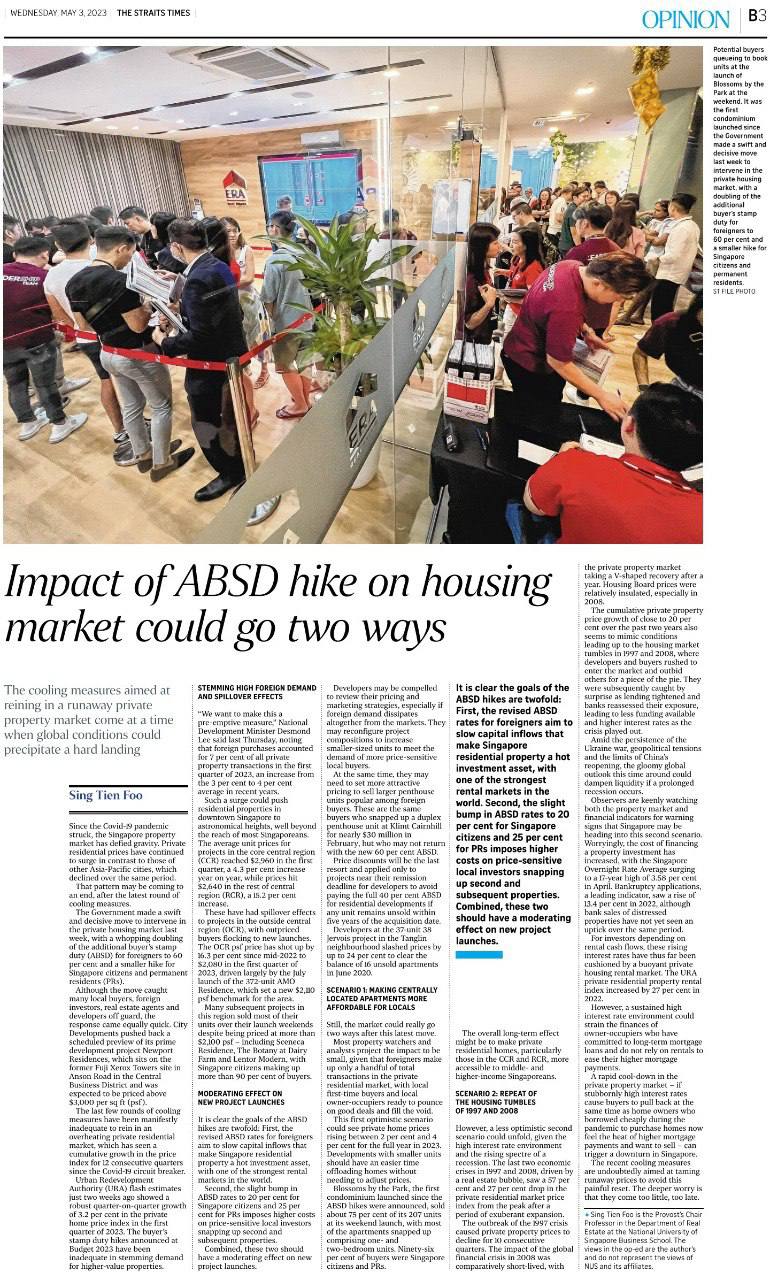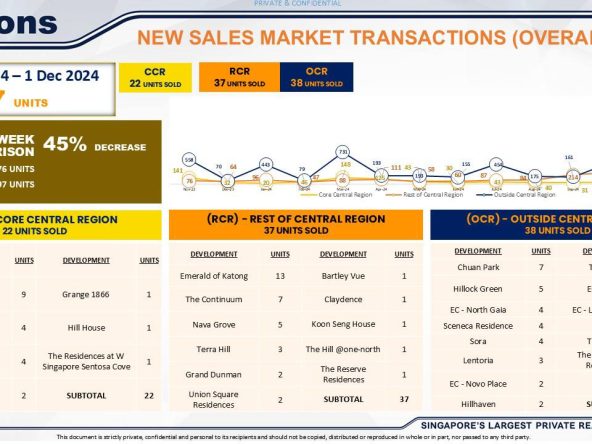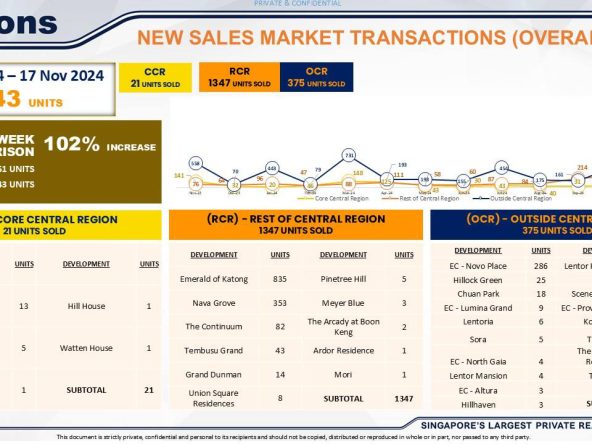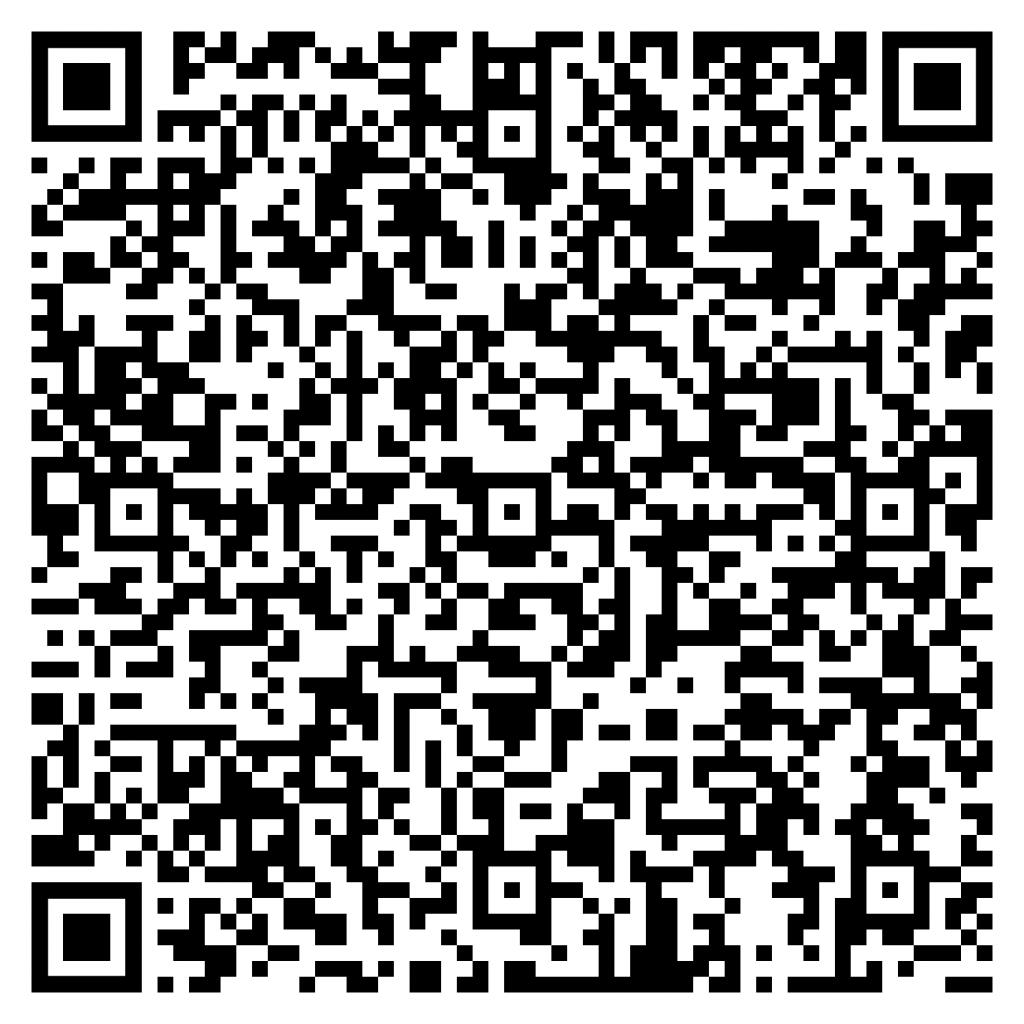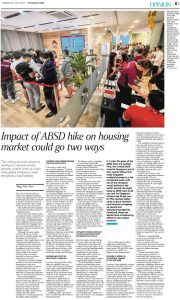
The Singapore government’s recent doubling of the Additional Buyer’s Stamp Duty (ABSD) for foreign buyers and the slight bump in rates for Singaporeans and permanent residents (PRs) aims to slow the inflow of capital into the housing market and curb rising prices, which have been growing for 12 consecutive quarters.
This move could have two effects on the market: developers may reconfigure project compositions to meet the demands of more price-sensitive local buyers, and they may need to set more attractive pricing to sell larger penthouse units popular among foreign buyers.
If foreign demand dissipates altogether, developers may need to review their pricing and marketing strategies.
Although foreign purchases accounted for 7% of all private property transactions in Q1 2023, developers may have to increase smaller-sized units to meet the demands of price-sensitive local buyers.
However, higher ABSD rates will only be applied as a last resort to avoid paying the full 40% ABSD for developers if any unit remains unsold within five years of the acquisition date.
Same as past measures, there could be a temporary slowdown in the residential property market as buyers may adopt a wait-and-see attitude to assess the impact of the measures.
This change is expected to have a greater impact on the luxury property market, where foreign buyers are more prevalent.
There is unlikely to have a significant impact on the public housing market as it only applies to private residential properties.
We may see developers exploring alternative strategies to attract buyers, such as offering more flexible payment schemes or offering creative “rent first, buy later” scheme.
The long-term impact of the ABSD hike on the residential property market will depend on various factors such as global economic conditions, changes in government policies, and the level of demand for housing in Singapore.

